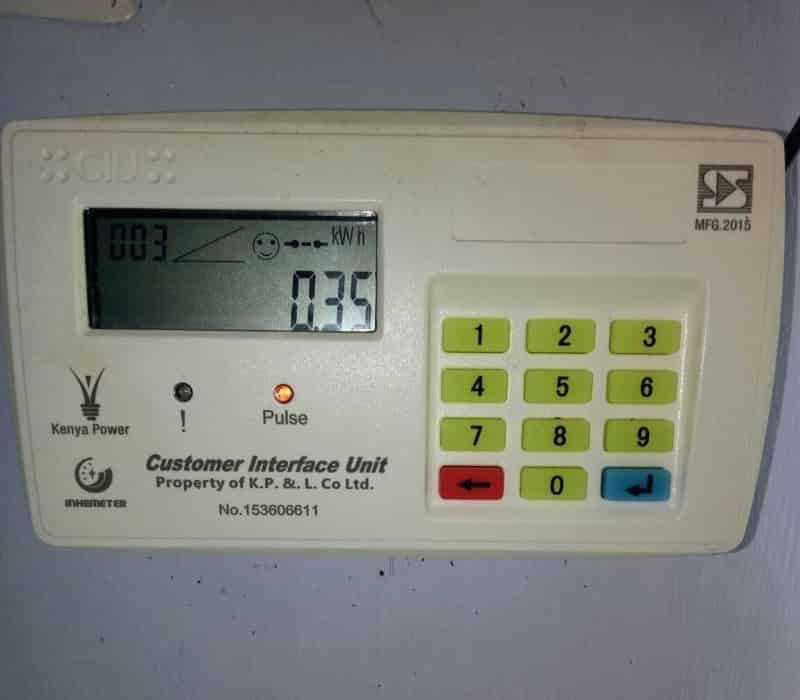
I once met a reasonable fellow who was concerned that charging his mobile phone overnight was the reason why his electricity bills were skyrocketing.
This may sound funny, but it is not funny that most people do not know what appliance is an electricity guzzler and which one is not. Consequently, they do not even know how they can reduce their electricity consumption.
In this article, I would want to explain where your electricity units/tokens go to by looking at various devices and their power consumption behaviors.
Power Rating
The main indicator of the amount of electrical energy that a device consumes lies in its power rating. In fact, power rating is defined as a quantity that describes the total electrical power required for normal operation of an electric appliance.
This is usually in form of watts (W) or kilowatts (kW). The higher the rating, the higher the electrical energy consumption. For example, a device rated 100 Watts consumes ten times more power than a device rated 10 Watts. Power rating can be found in the in the literature that accompanies the appliance, or usually printed somewhere at the back of the appliance. It can also be calculated from the various parameters given, such as Voltage and Current requirements.
Here is typical rating of some common household devices. This can vary from brand and manufacturer to another.
| Device | Wattage (W) |
| LED light bulb | 5 |
| 42’ LED TV | 60 |
| Home theatre | 70 |
| Microwave | 1200 |
| Fridge | 90 |
| Induction cooker | 2000 |
| Blender | 500 |
| Laptop | 60 |
| Rice cooker 1 liter | 500 |
| Instant shower | 6000 |
| Drill | 600 |
| Electric chainsaw | 1200 |
| Washing machine | 2200 |
| Electric Iron | 2000 |
| Kettle | 2000 |
| Toaster | 2000 |
| Dishwasher | 2000 |
Time
The other factor that will determine how much electrical energy a device consumes is the time that it is running. A 10 Watt device running for two hours will consume the same amount of energy as a 5 Watt device running for four hours. This is the reason why a 5 Watt LED lamp running for a whole night has little impact on your electrical consumption, while an electric oven running for 1 hour has a significant consumption.
Understanding your power needs would thus require you to put into consideration the amount of time each device is in use.
Calculating your Electrical Power Consumption
We pay for electrical energy depending on the number of units consumed. This is what many people refer to as tokens.
One unit of electrical energy refers to 1 kilowatt hour(kWh). A kWh equals the amount of energy you would use by keeping a 1,000 watt appliance running for one hour.
As you can see, the units are a function of power rating (kW) and time (h). If you run a 500 watt rice cooker for 45 minutes you are going to consume 0.5 kW × 0.75 hours = 0.375 kWh. This translates to 0.375 units. (Remember to use power in kilowatts and not watts. 1kW = 1000 Watts).
With this information you can tell how much power (units) each device consumes every day, depending on the power rating and the time it runs. Here is the table again with the number of units consumed if each of those devices runs for 1 hour.
| Device | Wattage (W) | Units consumed per hour (kWh) |
| LED light bulb | 5 | 0.005 |
| 42’ LED TV | 60 | 0.06 |
| Home theatre | 70 | 0.07 |
| Microwave | 1200 | 1.2 |
| Fridge | 90 | 0.09 |
| Induction cooker | 2000 | 2 |
| Blender | 500 | 0.5 |
| Laptop | 60 | 0.06 |
| Rice cooker 1 liter | 500 | 0.5 |
| Instant shower | 6000 | 6 |
| Drill | 600 | 0.6 |
| Electric chainsaw | 1200 | 1.2 |
| Washing machine | 2200 | 2.2 |
| Electric Iron | 2000 | 2 |
| Kettle | 2000 | 2 |
| Toaster | 1900 | 1.9 |
| Dishwasher | 2000 | 2 |
From the table you can see that LED bulb have very low consumption. In fact, leaving it on for 24 hours will cost you 0.12 units. Running a microwave for 6 minutes uses the same amount of energy, which is 0.12 units.
Reducing your Electricity Consumption
With this information, you can easily tell what is ‘eating up’ your tokens. If you want to make a saving plan, focus more on the devices that consume a lot of power.
For example, we saw that a 5 watt bulb consumes 0.12 units if running for 24 hours. On the other hand, if you extend your shower by one minute (operating at maximum setting), it costs you an extra 0.1 units. This would mean that being efficient with your instant shower saves you more than you can ever save with a single light bulb.
PS: Need help in managing your energy consumption and power bills? Let’s chat on WhatsApp here.